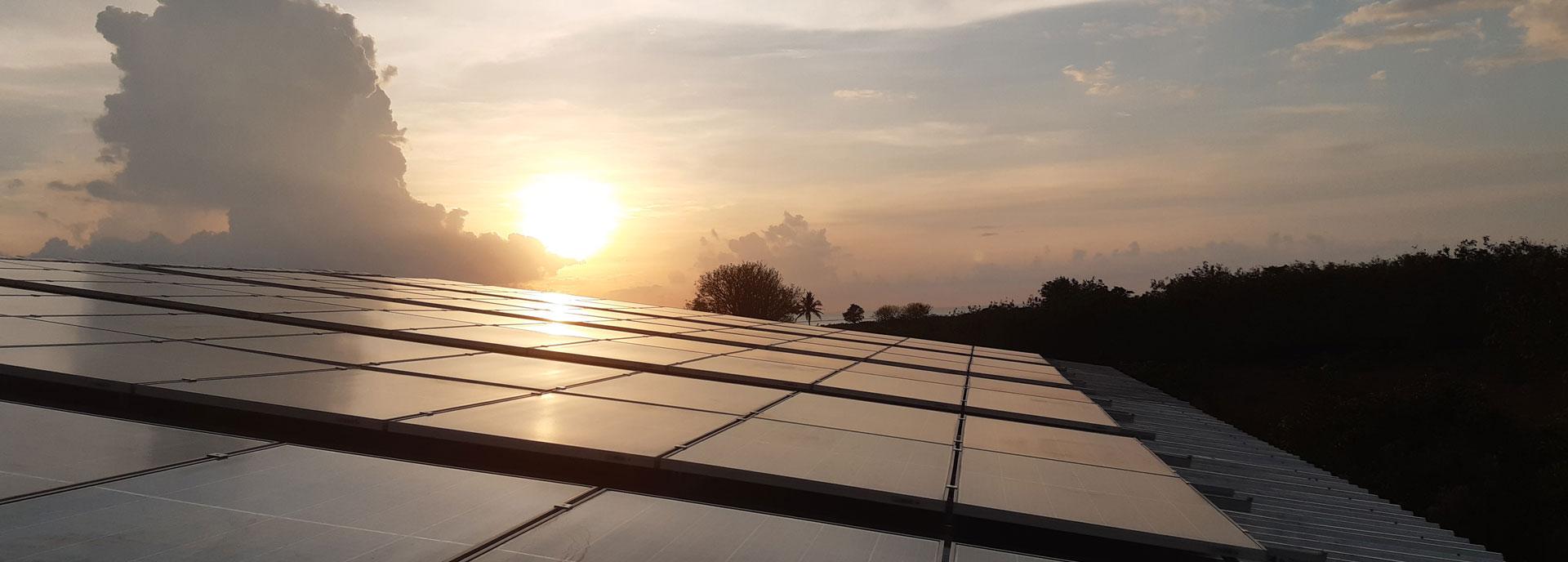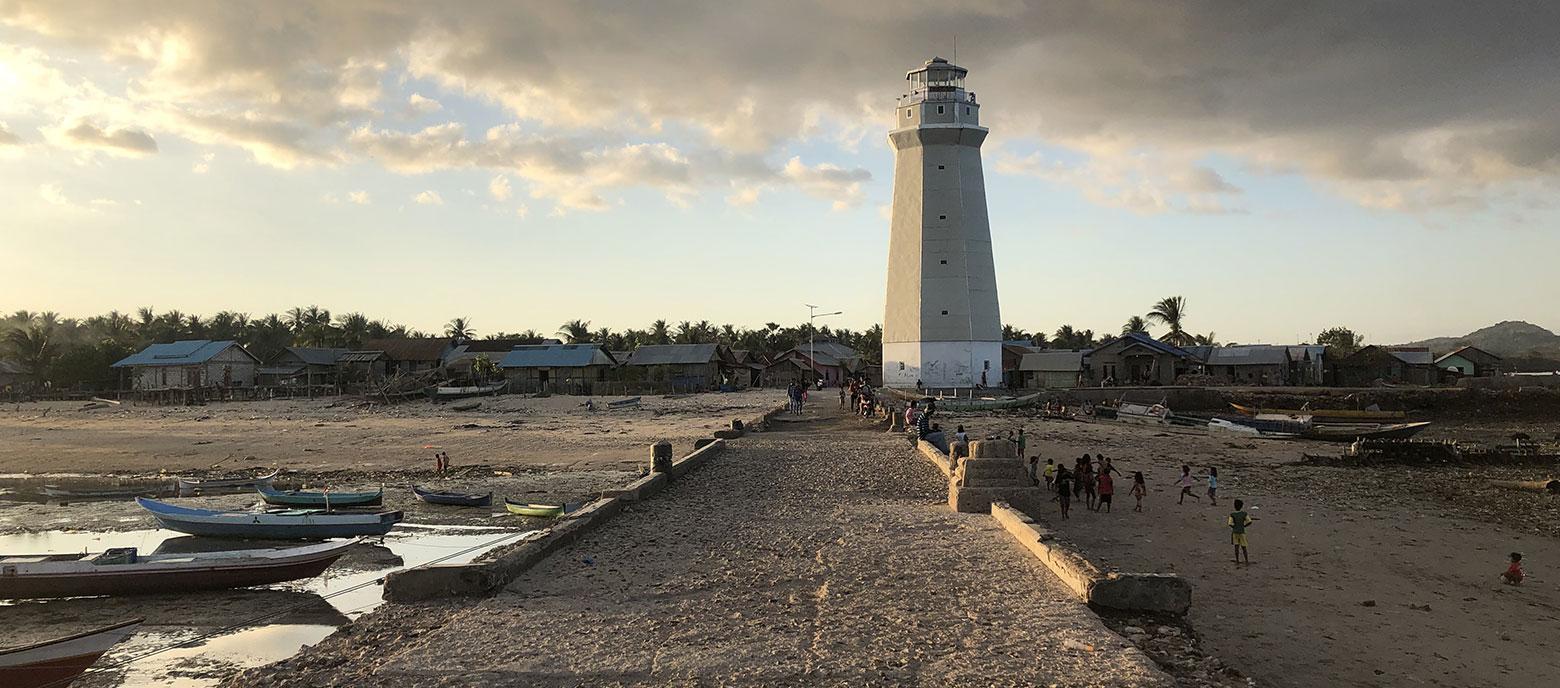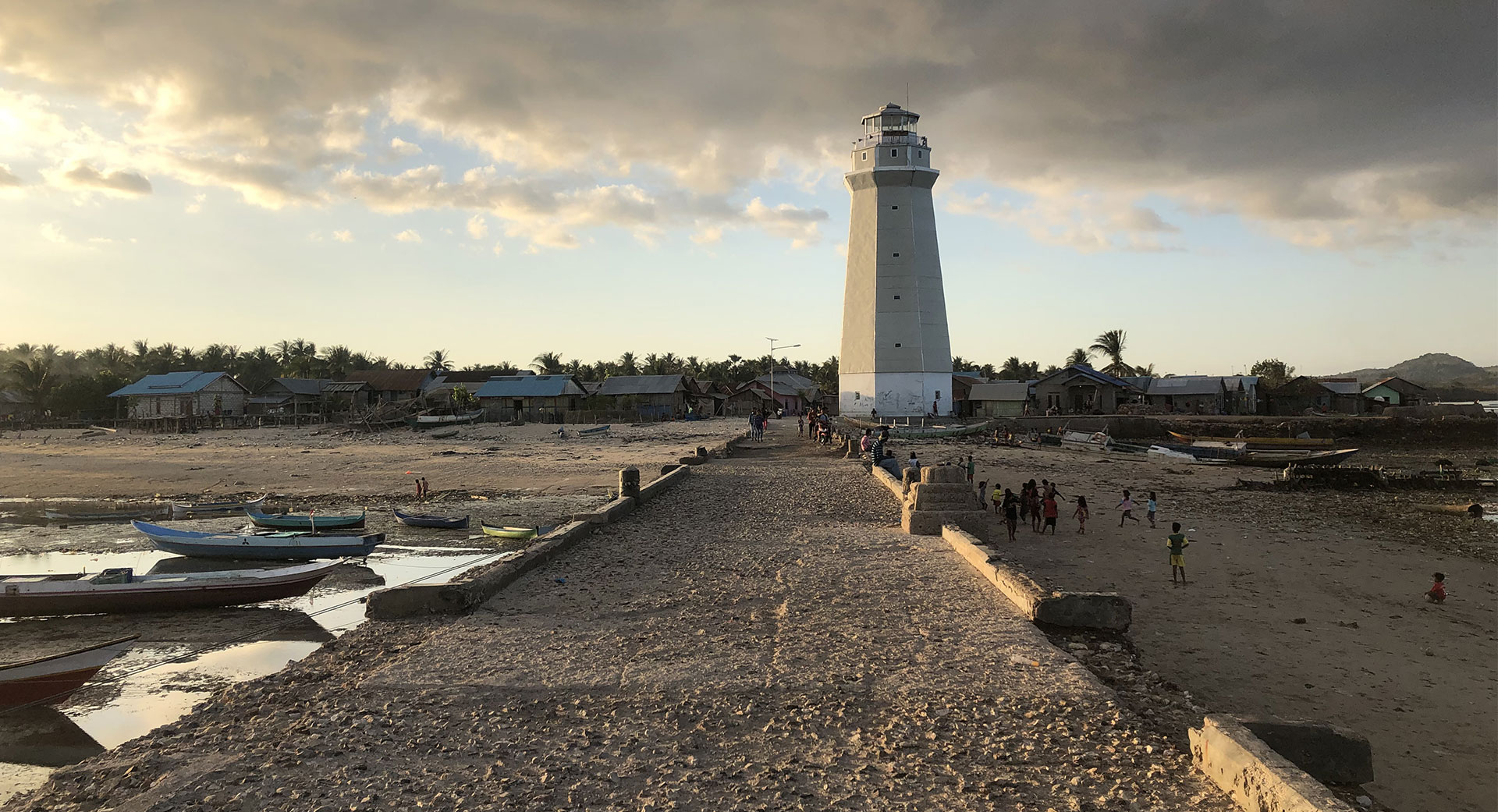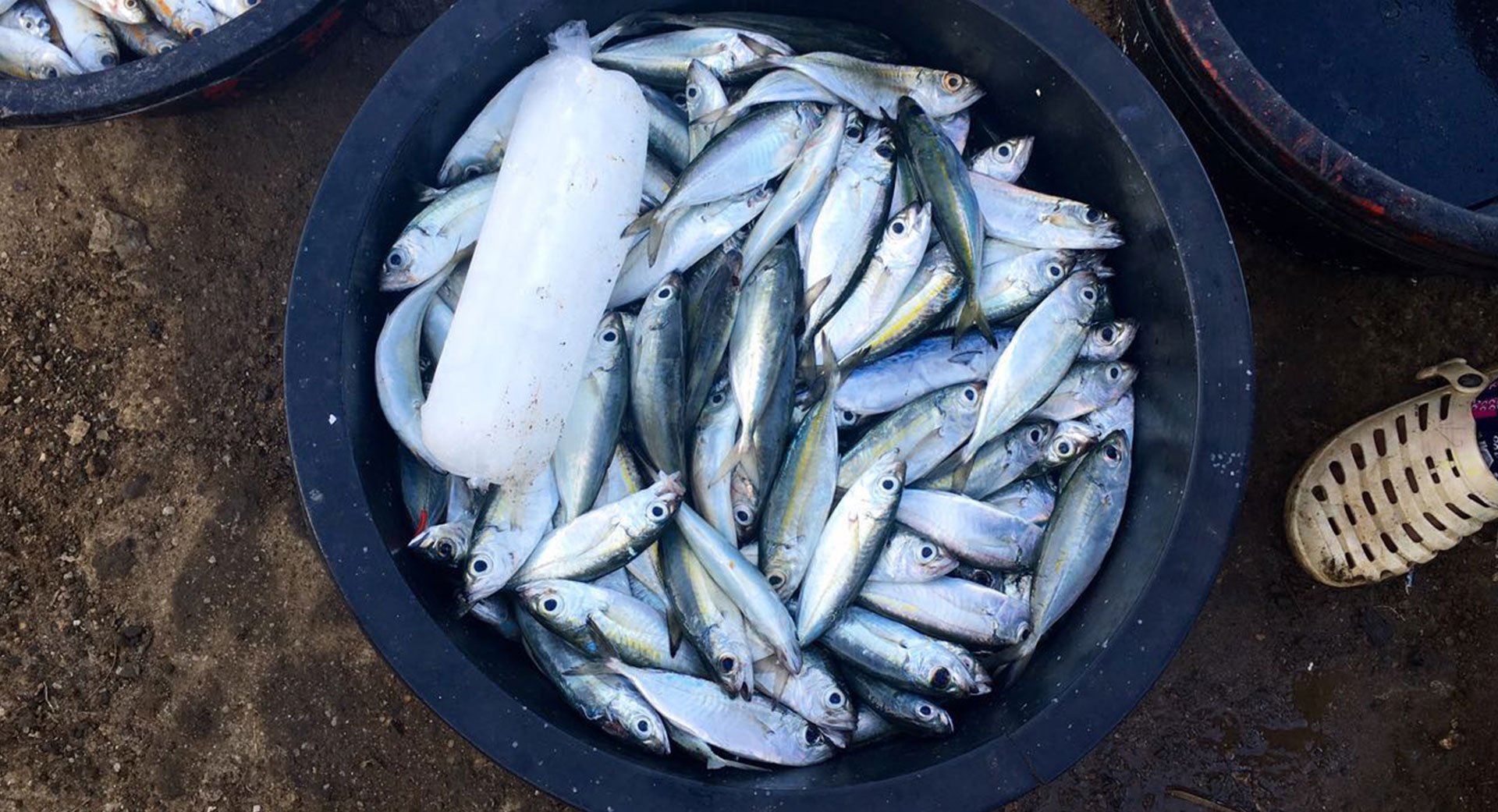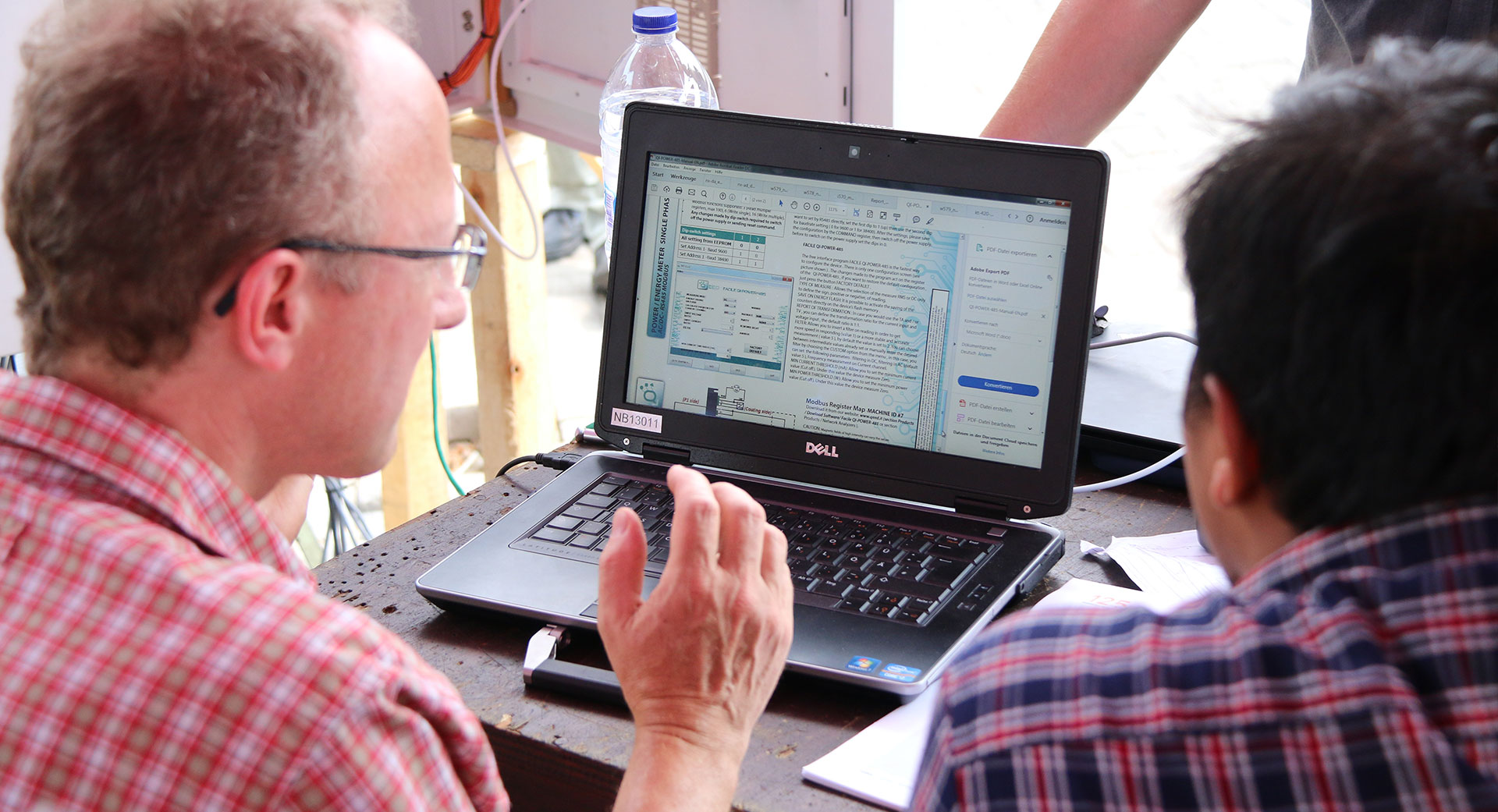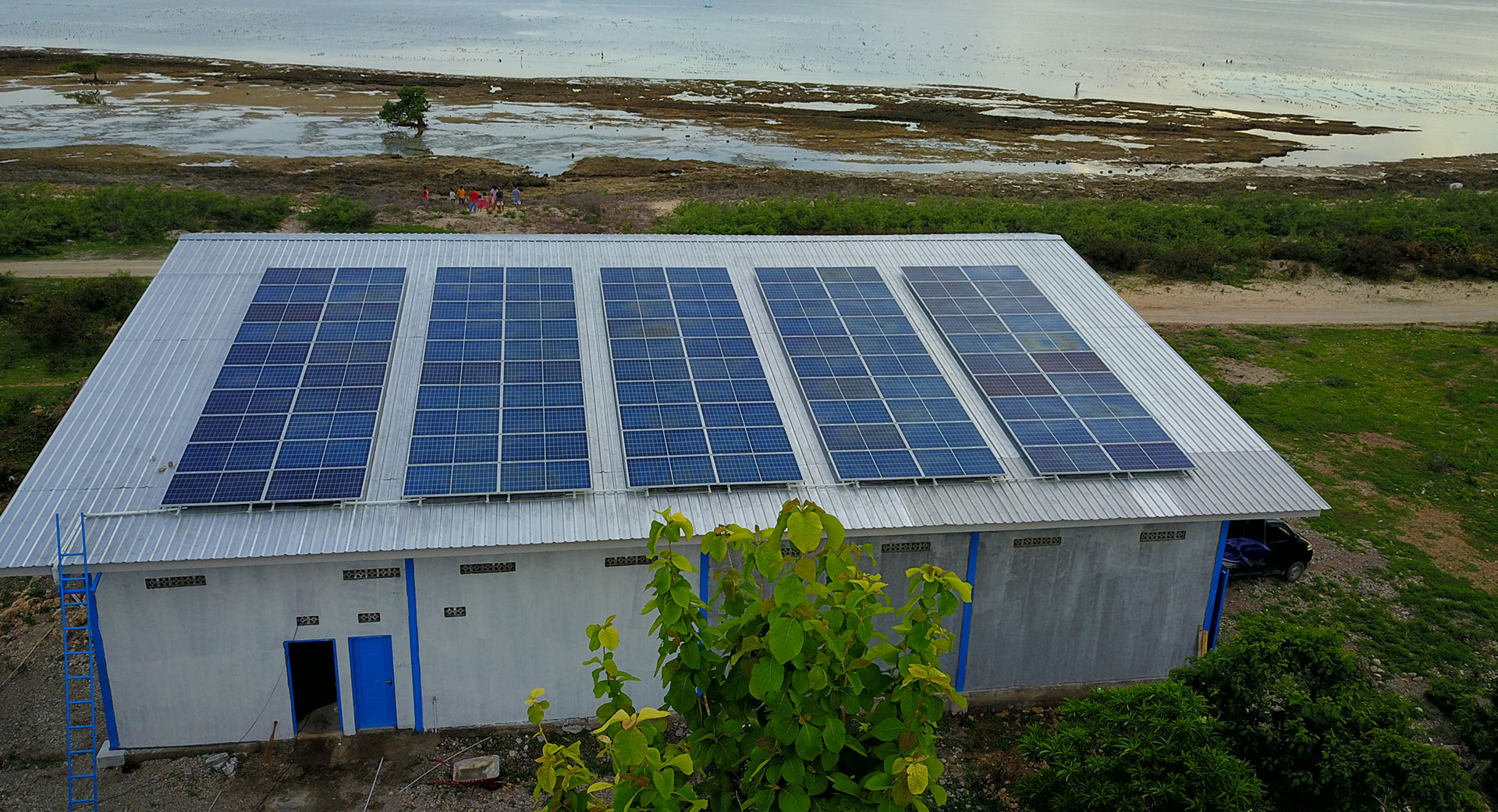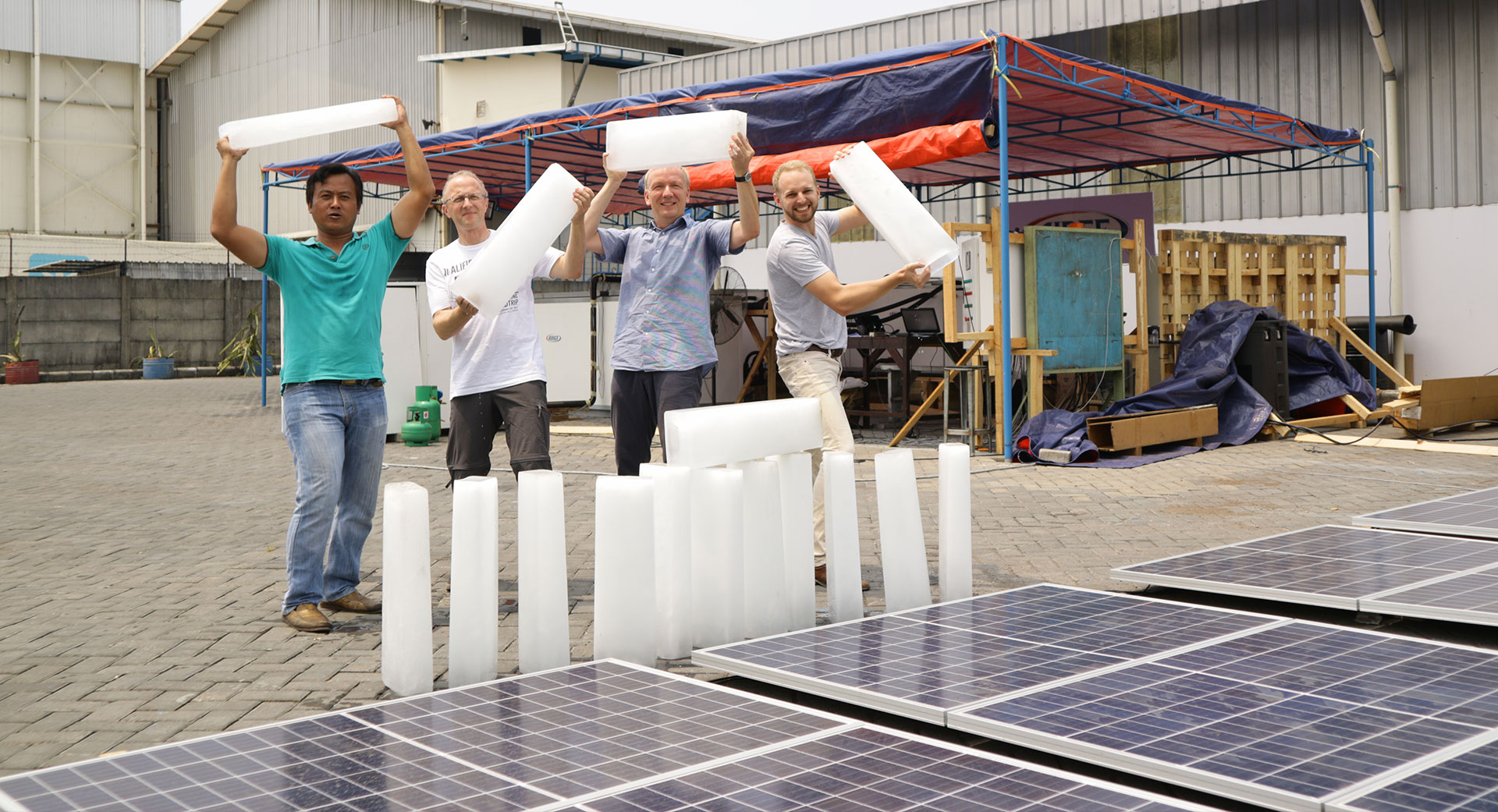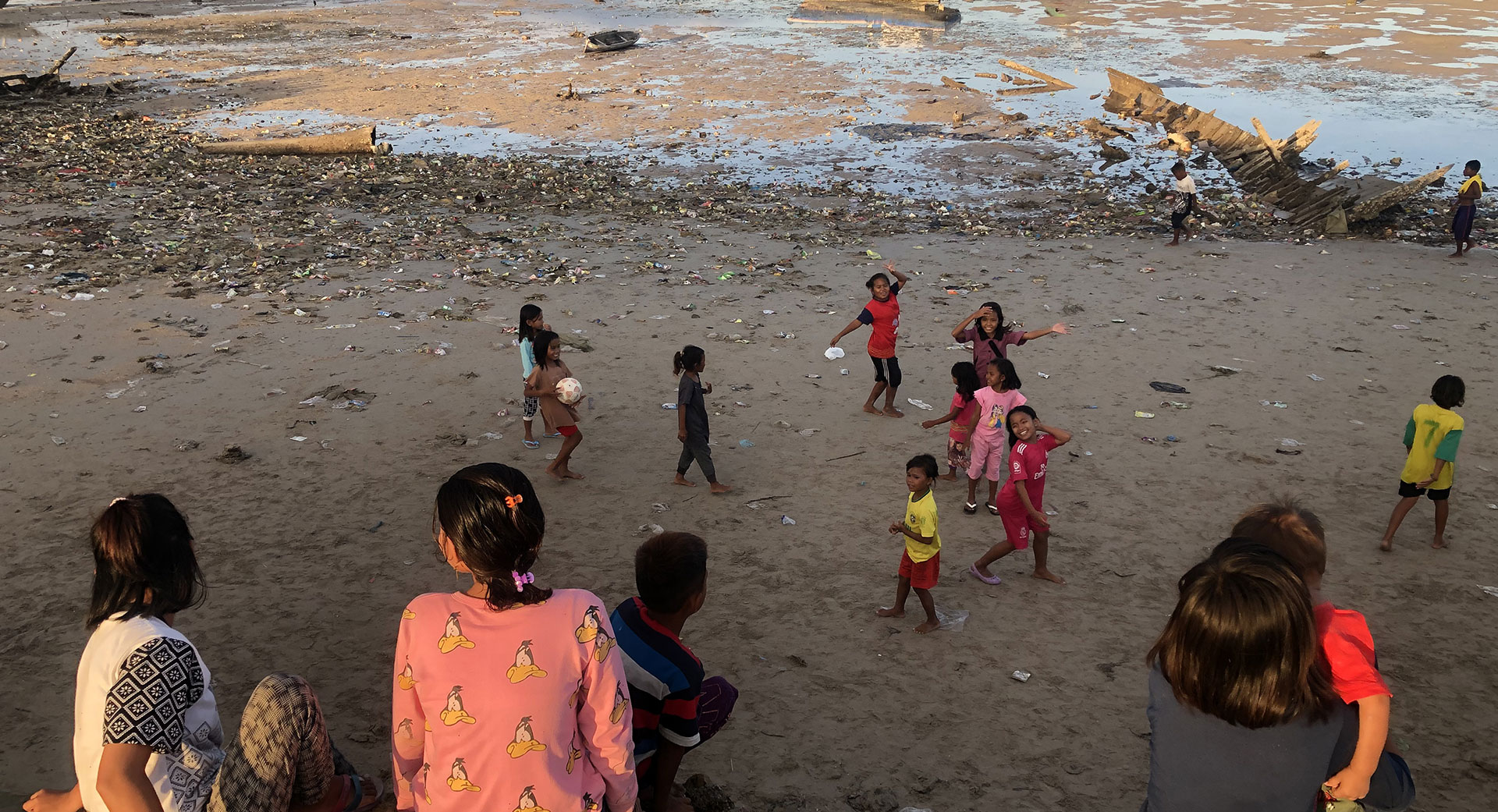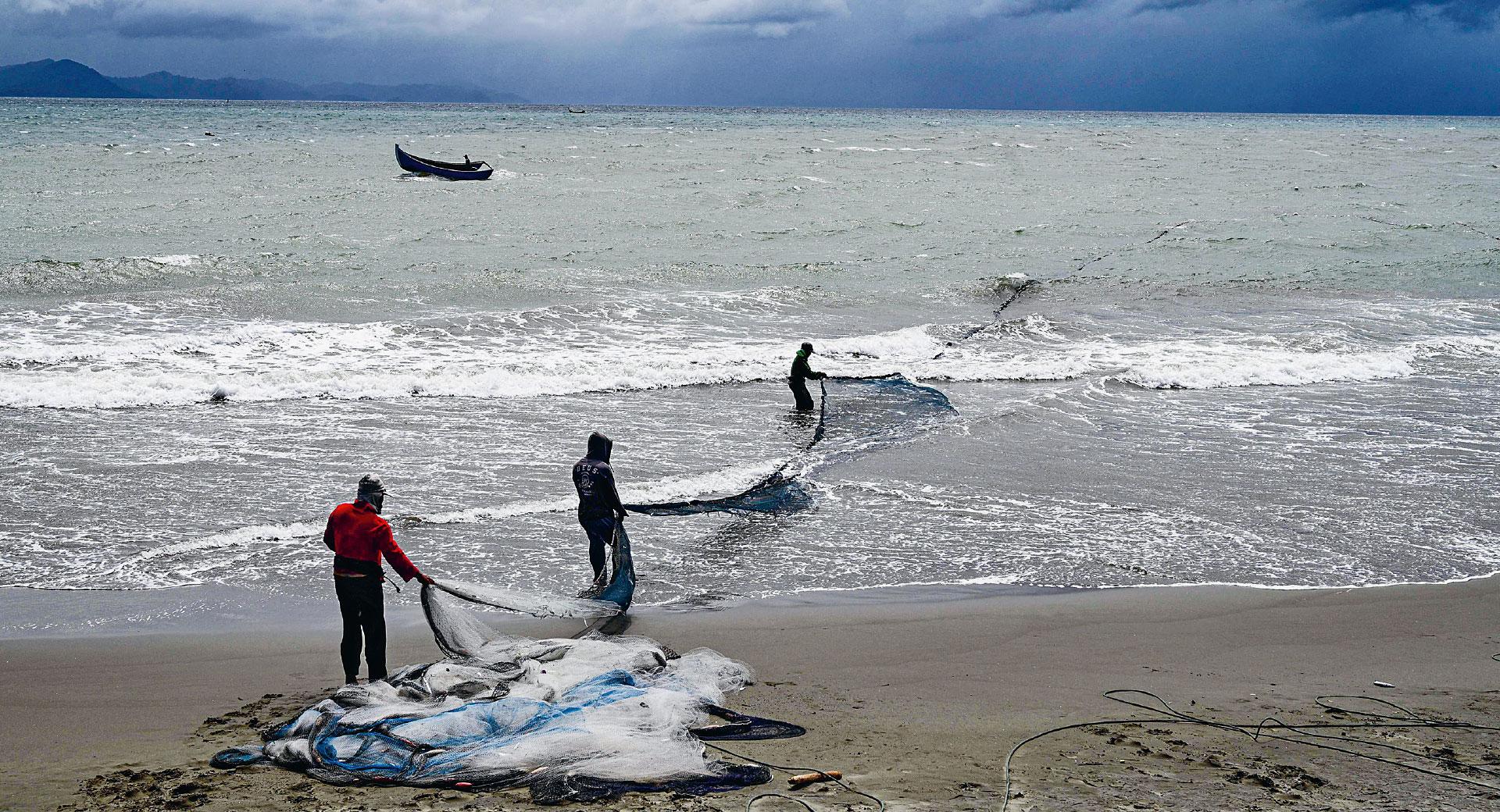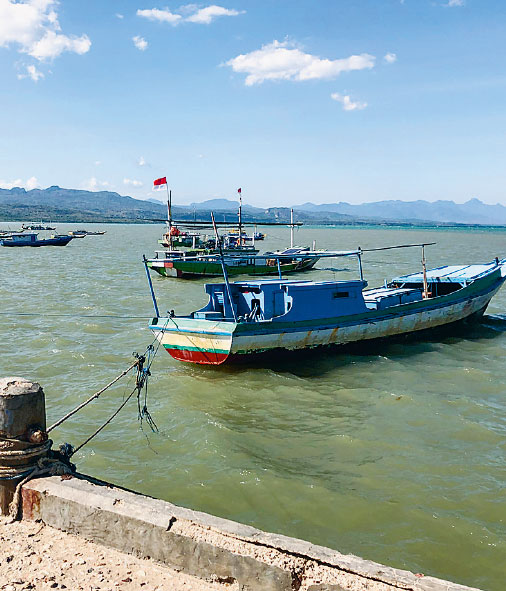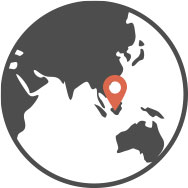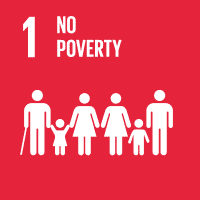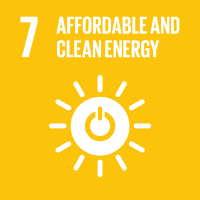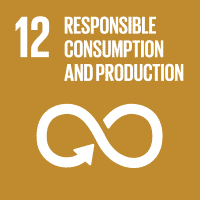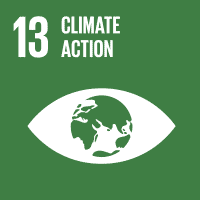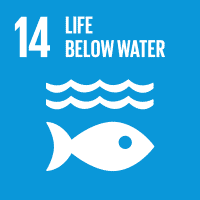For years, fishers from Sulamu have had to make the daily journey south in their boats across Kupang Bay to fetch ice to keep their fish fresh. They can see the lights of Kupang, capital of the Indonesian province of East Nusa Tenggara, from the shores of their village. While Kupang has seen strong growth over the past two decades, little has changed in Sulamu. There is a mosque, a school, a few small stands selling goods along the village street and an old lighthouse. Sulamu is typical of the small villages on the Indonesian archipelago, which is made up of around 17,500 islands. It is well away from the big cities and the tourist hotspots on Java and Bali. The 1,500 inhabitants of Sulamu live very simple lives, most of them from agriculture, and above all from the sea. Many feed their families by harvesting seaweed and catching fish.
It is small-scale fishers such as those in Sulamu, employing traditional methods, who are vital to preserving Indonesia’s rich marine biodiversity. Sustainable practices, for instance using longlines or fish traps, prevent overfishing and by-catch. Across the country, around 80 per cent of the people in the fisheries sector work in family-run enterprises. Without effective and affordable cooling for their catch, however, they usually have no access to economically significant markets. Large-scale industrial fishing is the big volume business – and it is big: Indonesia is the world’s second largest fish producer.
